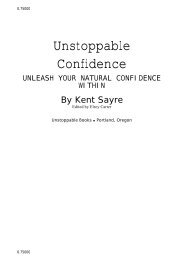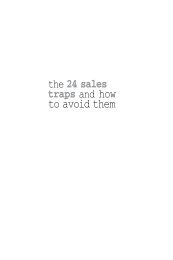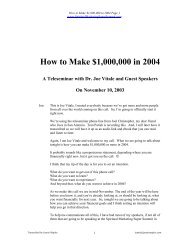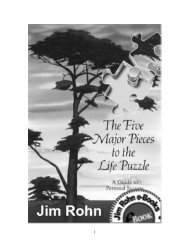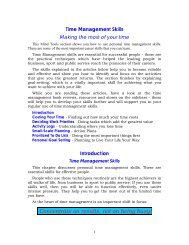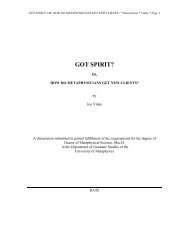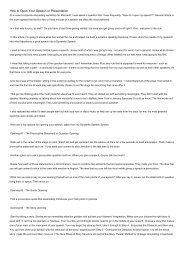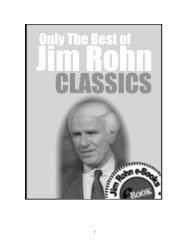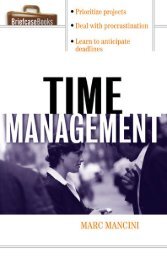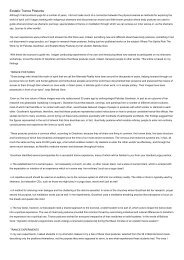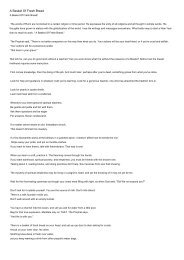Executive Coaching - A Guide For The HR Professional.pdf
Executive Coaching - A Guide For The HR Professional.pdf
Executive Coaching - A Guide For The HR Professional.pdf
Create successful ePaper yourself
Turn your PDF publications into a flip-book with our unique Google optimized e-Paper software.
80 EXECUTIVE COACHING<br />
............................<br />
Sometimes people are anxious about letting go of habits or styles<br />
they’ve owned for many years. <strong>The</strong> client might be feeling something<br />
like “I wouldn’t be me if I didn’t do things that way” or<br />
“I really don’t want to stop being an analytic, detailed kind of<br />
person.” Coaches are aware that some aspects of our characters are<br />
very deeply ingrained. <strong>Coaching</strong> isn’t about deep character reconstructions.<br />
It’s more likely to be about managing how this character<br />
shows up at work.<br />
Ground Rules and Trust<br />
One of a coach’s first tasks is to create “safety” in the relationship.<br />
This topic is discussed at length in books about coaching and in<br />
training programs for new coaches. It is his or her job to make that<br />
happen, but the client has a role to play as well.<br />
<strong>The</strong> structure of the coaching engagement serves as a roadmap<br />
for the client’s interactions with the coach. By following the steps<br />
in the coaching process, as described in Chapter 4 or as agreed on<br />
by the coach and the client, there is a framework with a beginning,<br />
a middle, and an end. <strong>The</strong> framework allows the client to set expectations<br />
appropriately, recognize milestones and time limits, and celebrate<br />
successes. A planned journey along a well-lit path allows for<br />
more trust and cooperation. Discussions between the client and the<br />
coach about the ground rules will take much of the mystery out of<br />
the journey and will help the client to understand how to make the<br />
relationship work well.<br />
Initially, the client may have many concerns about the coaching<br />
engagement. Encourage the client to ease whatever concerns he or<br />
she might have by asking the coach the questions that are on his or<br />
her mind. <strong>The</strong>re is no such thing as a dumb, honest question. All<br />
first-timers have questions, whatever it is they are doing. Often some<br />
of the early inquiries “get the ball rolling” and lead right into important<br />
areas for further discussion. By asking the questions without<br />
letting them simmer, the client will feel more comfortable and build<br />
trust with the coach. Trust between people is built slowly over a series



